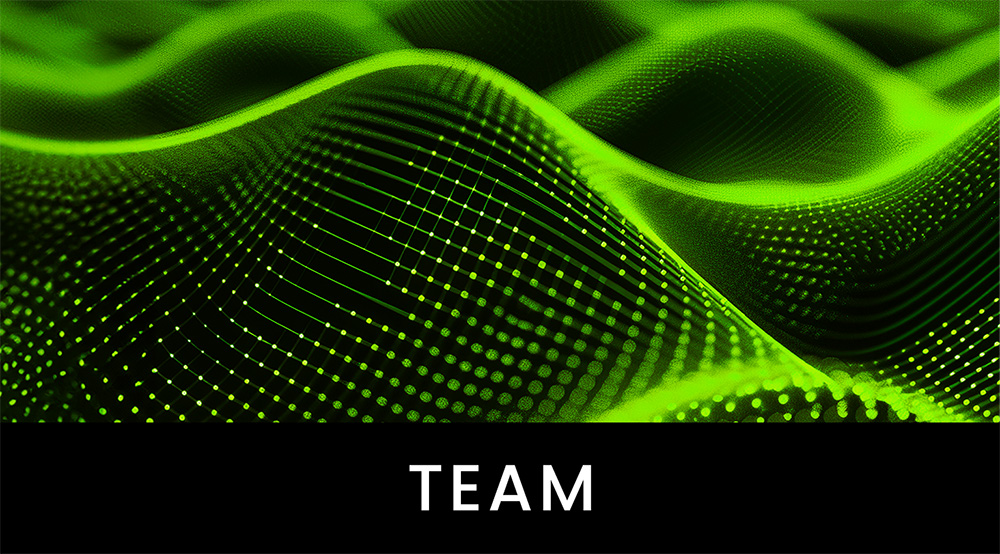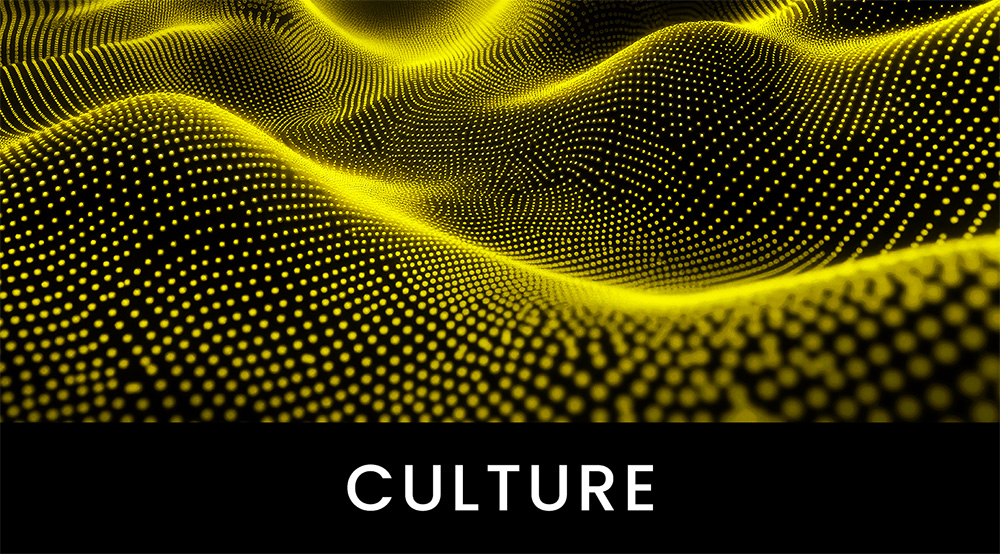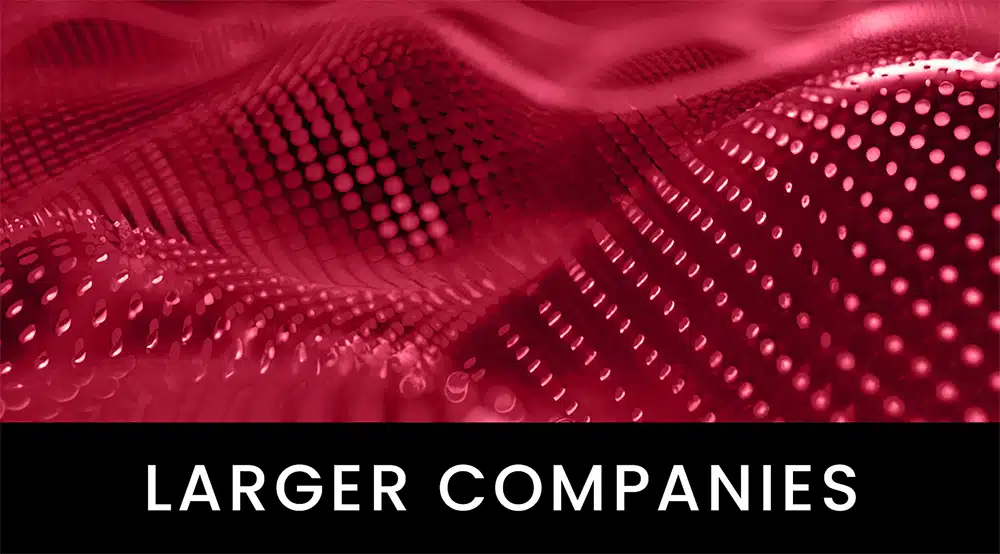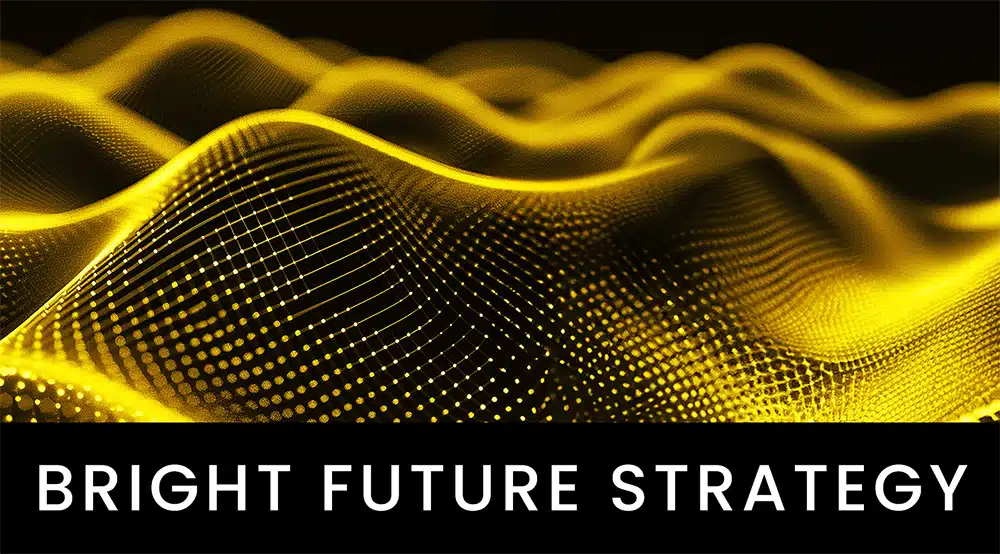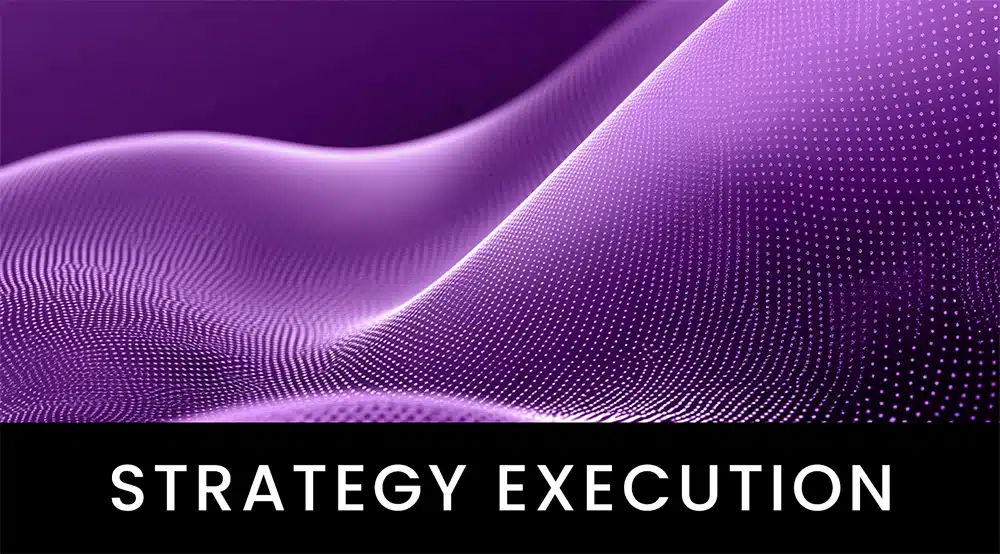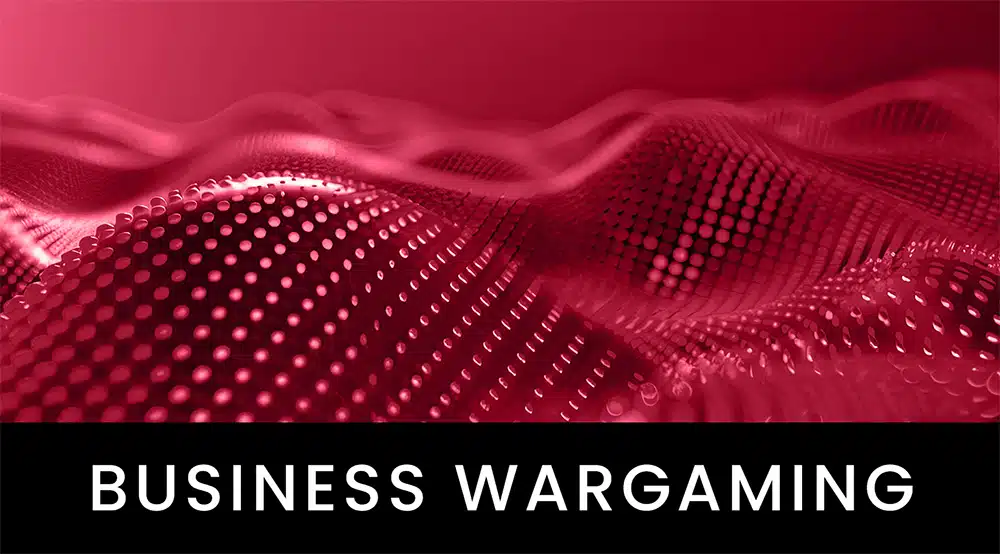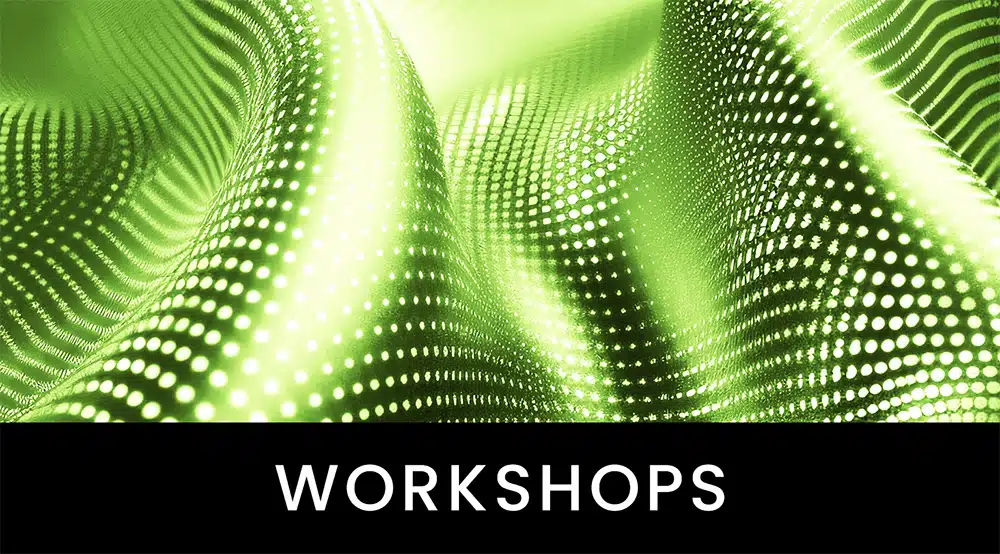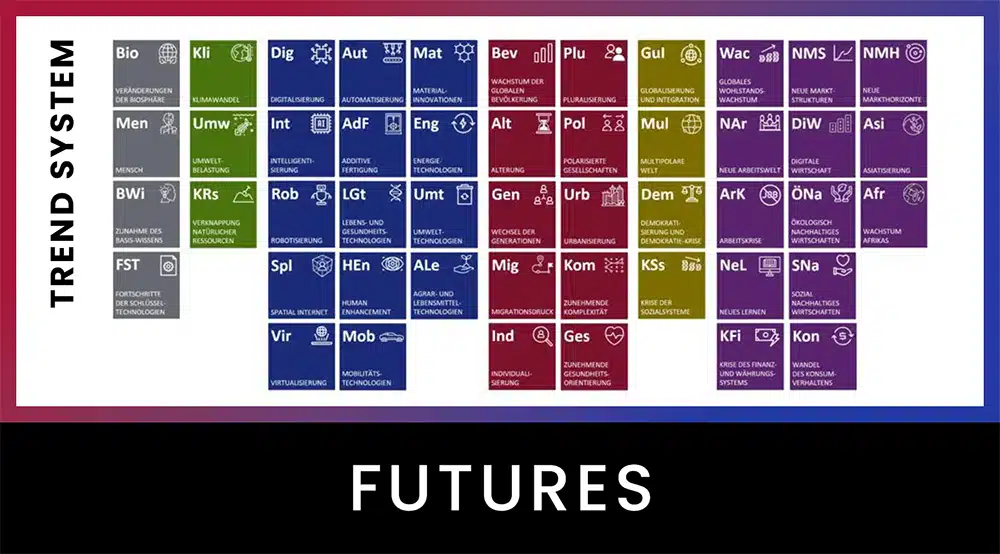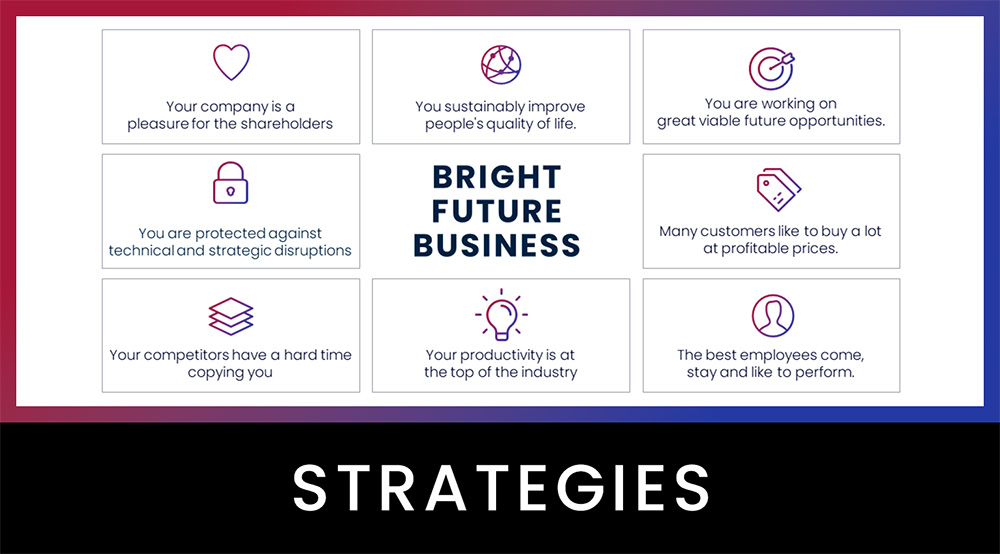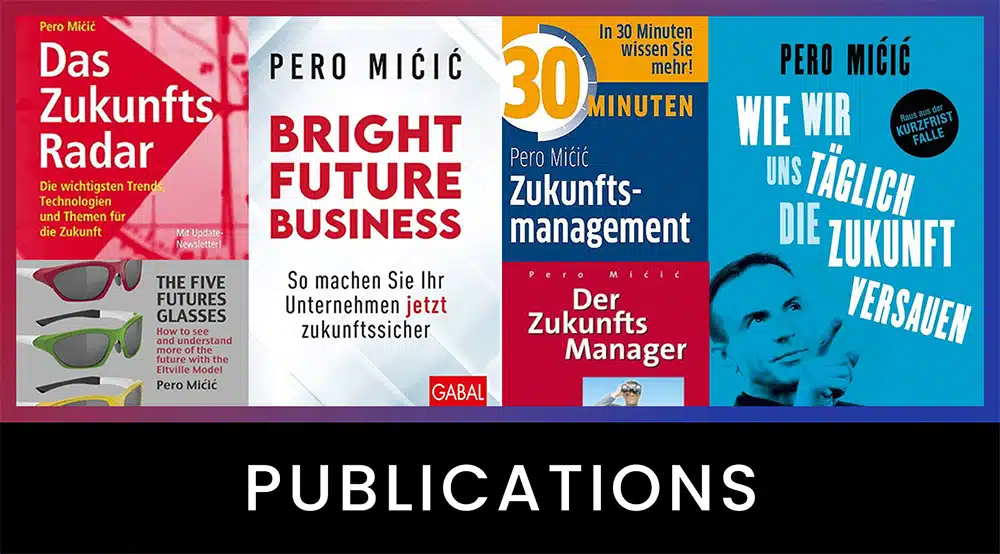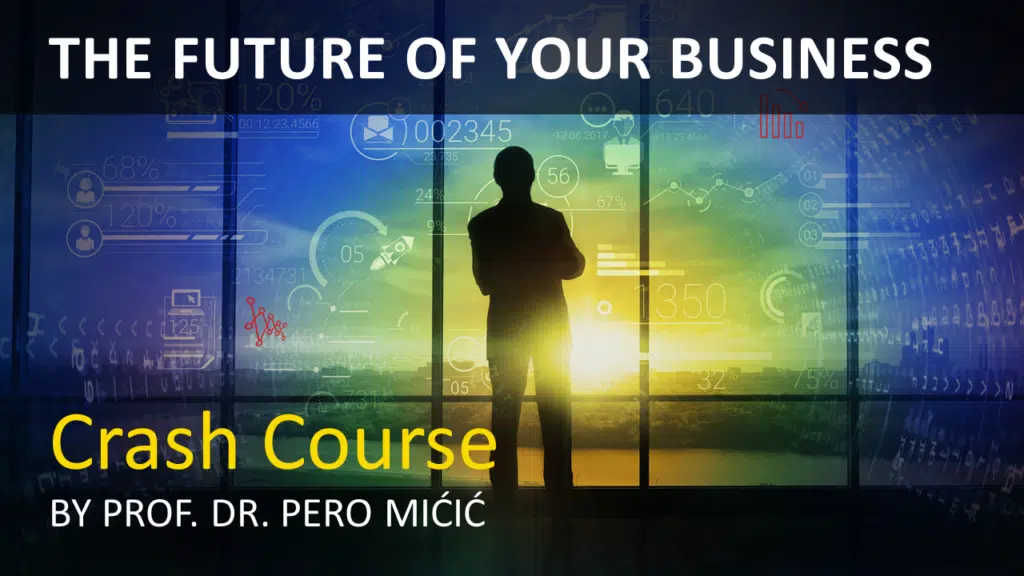Enno Däneke
For the study on the scenarios, experts from the entire value chain were involved and asked about their expectations regarding future developments in the Circular Economy. These included basic material manufacturers, chemical companies, trading and packaging companies, brand owners, food and consumer goods manufacturers, and recycling companies.
The expert opinions from different industries and countries ensures a holistic view of the Circular Economy. The international perspective has been particularly relevant to the development of the scenarios, as the adoption and implementation of the Circular Economy is a global issue. Most of the participants came from Asia, Europe and the USA. The focus was on the question of whether and how the Circular Economy will be realized.
In addition to commonalities, disagreements also received particular attention. It was exciting to see if, for example, waste management companies have a very different idea of where the world is going than, say, a brandowner or chemical company and basic materials manufacturer. This basis was used to develop the expectation scenario, whereby the development of the Circular Economy in the Developed World and the Developing World are considered separately. Two very rough global regions are deliberately defined to keep the flight level at an appropriate level.
The alternative scenarios result from uncertainties, outcomes, and differences in expert opinions. The occurrence of these scenarios is quite likely but the probability of expectation from the perspective of the industry experts compared to the expectation scenario is lower.
Follow these links as well:
► The Future Strategy Program for SMEs
► Free video crash course THE FUTURE OF YOUR BUSINESS
► BUSINESS WARGAMING for robust business and future opportunities
► KEYNOTES by Pero Mićić for your employees and customers
Have a bright future!


